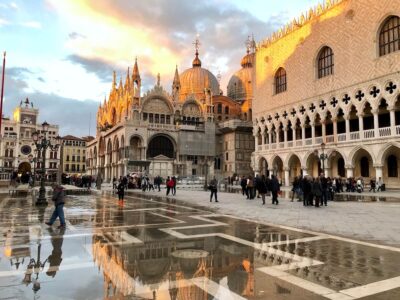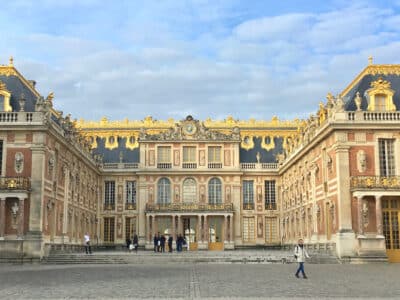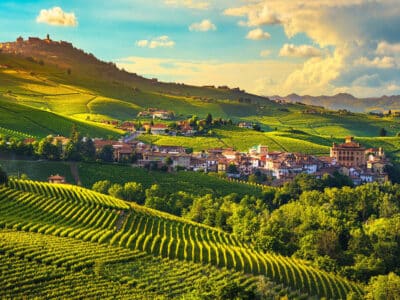Cultural Tourism
It sounds good, but what is cultural tourism exactly?
It’s a big bag bag of experiences. Cultural travel is a type of seeing the world that leads to a better connection to the people, land, beliefs, art, philosophies, history, architecture and/or customs of another region.
Ultimately, it’s one of the most enriching forms of travel there is.
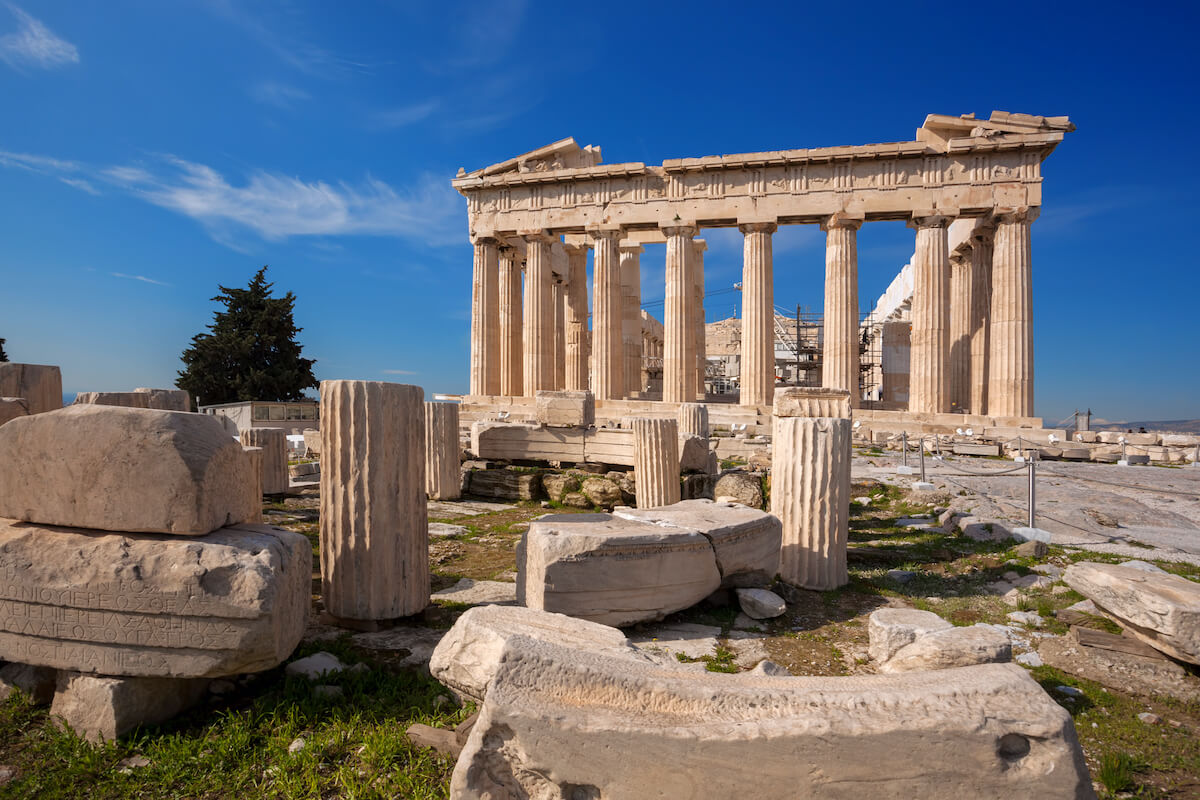
Exploring the World: The Enriching Tapestry of Cultural Travel
Cultural travel, a dynamic trend in the world of tourism, goes beyond conventional sightseeing to encompass a broad spectrum of experiences.
It is an immersive journey that delves into the heart of a destination, offering travelers a unique opportunity to connect with diverse cultures, traditions, histories, and expressions of culture.
In a globalized world, where borders are becoming increasingly porous, cultural travel serves as a bridge that fosters understanding, appreciation, and a profound sense of interconnectedness.
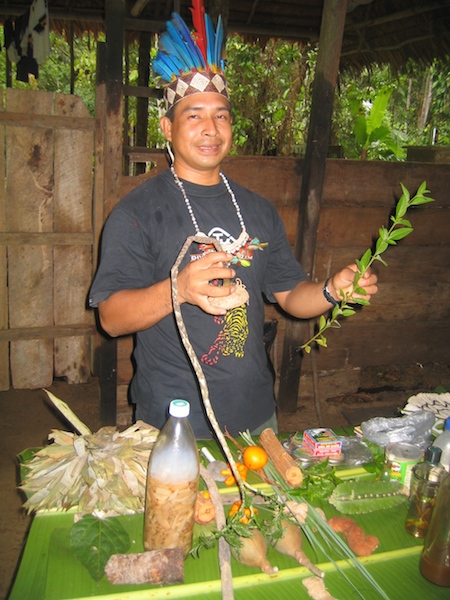
Authentic Encounters
Unlike traditional tourism, cultural travel prioritizes authentic encounters with local communities.
Travelers are encouraged to step off the beaten path, engaging in meaningful interactions with the people who call a destination home.
For me, visiting a shaman in the Amazon Rainforest of Peru was a once-in-a-lifetime encounter, as was my trip to an award-winning ethical elephant camp in the jungles of Thailand.
This intimate approach allows for a genuine exchange of ideas, traditions, and stories, fostering a deeper connection between travelers and the cultures they encounter.

Culinary Adventures
One of the most delightful aspects of cultural tourism is the exploration of local cuisines.
Food serves as a universal language, and by indulging in authentic dishes, travelers gain insights into the culinary traditions that shape a culture.
Whether it’s savoring street food in Bangkok, enjoying a traditional tea ceremony in Japan, diving into a Michelin-star restaurant in Paris or relishing the flavors of a Moroccan tagine, culinary travel is a feast for the senses.
Historical Immersion
Cultural travel often involves a journey through history, allowing travelers to explore the roots of a civilization.
Visiting famous historical landmarks, museums, and UNESCO World Heritage sites provides a window into the past, offering a richer understanding of a culture’s evolution.
From the tracking down Bernini sculptures in Rome to viewing the majestic temples of Angkor Wat, each destination becomes a living tapestry of history waiting to be explored.

Art, Music, and Expression
Artistic expression found through art, music and architecture is a vital component of any culture, and cultural travel celebrates this through visits to galleries, studios, and live performances.
There are so many eye-opening experiences to be had.
Whether it’s watching traditional dance in Bali, exploring the contemporary art scene in Berlin, attending a classical music concert in Vienna, or checking out the Velazquez paintings at the Prado in Madrid, travelers are immersed in the creative spirit that defines a community.
Cultural Festivals
Timing a trip to coincide with local festivals is a fun aspect of cultural travel.
These celebrations offer a unique window into the heart of a culture, showcasing traditional rituals, music, dance, and folklore.
Participating in events like Brazil’s Carnival, India’s Diwali, or Spain’s La Tomatina allows travelers to experience the joy and vibrancy that define these cultural celebrations.
(A personal favorite of mine is the wet and wild yet sacred Songkran water festival in Thailand that brings locals and tourists of all ages together.)
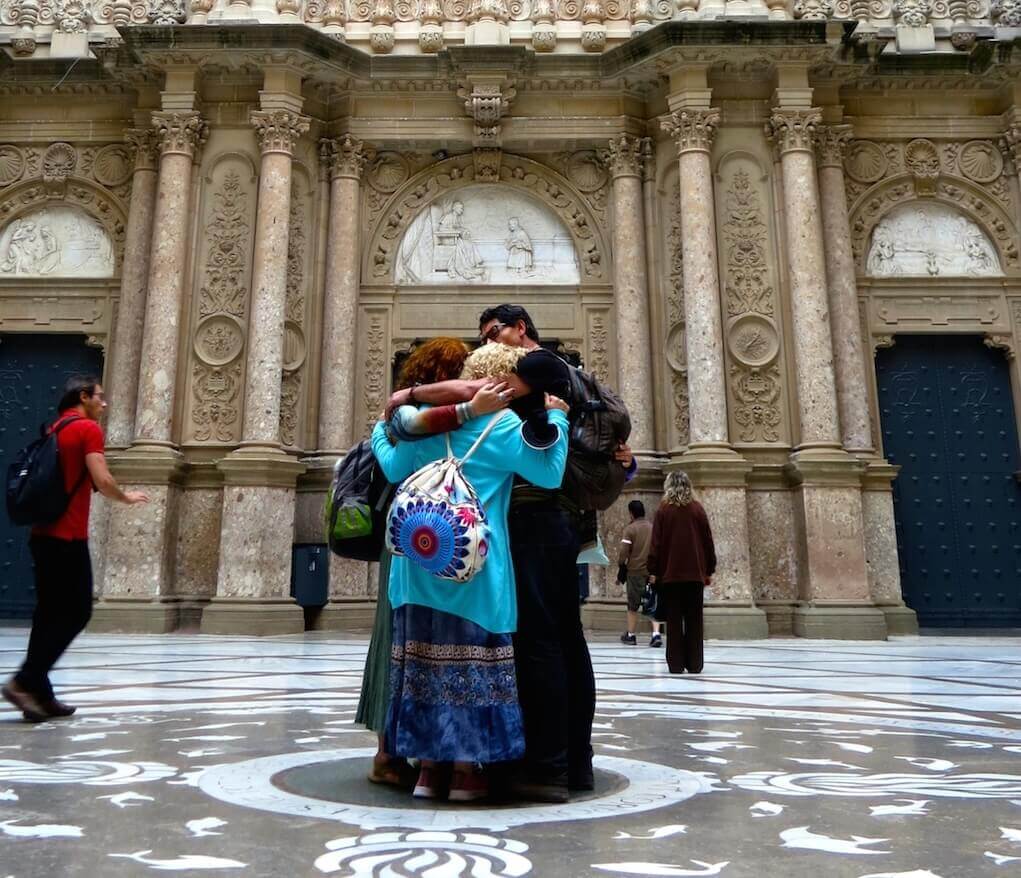
Bringing the World Together
Cultural travel is a journey that opens minds and hearts to the richness of our global quilt.
By embracing diverse societies, traditions, and expressions of culture, travelers become ambassadors of understanding.
This goes a long way to breaking down stereotypes and fostering a sense of unity in a world that is, at its core, a mosaic of traditions and stories.
It’s also good for the mind. As cultural travel continues to gain popularity, it not only broadens individual perspectives but also contributes to a more interconnected and empathetic global community.
Below you’ll find some great cultural experiences around the world.








